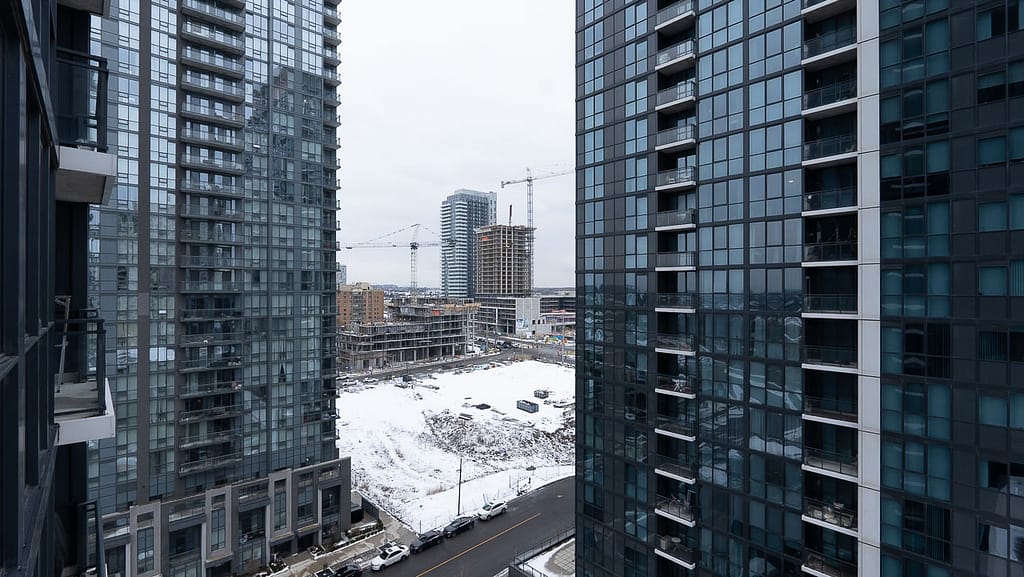Condo living has become increasingly popular in Ontario, especially in bustling urban centers like Toronto and the Greater Toronto Area (GTA). With the convenience, amenities, and lifestyle benefits, it’s no surprise that many individuals and families are opting for this housing option. However, along with the perks of condo living come certain financial obligations, particularly in the form of condo fees. In this article, we’ll delve into what condo fees are, what they cover, and what you should consider when budgeting for condo living in Ontario.
What are Condo Fees?
Condo fees, also referred to as maintenance fees or common element fees, are monthly payments made by condo owners. These payments cover the operating and maintenance costs of the condominium building and its common areas. These fees are typically determined based on the size of the unit and its share of the common elements within the condominium community.
What Do Condo Fees Cover In Ontario?
Condo fees cover a wide range of expenses associated with the upkeep and management of the condominium property. Some common items covered by condo fees include:
1. Maintenance of Common Areas: This includes the upkeep of amenities such as gyms, pools, elevators, hallways, lobbies, landscaping, and parking garages.
2. Utilities: Condo fees often cover the cost of utilities such as water, electricity, heating, and air conditioning for common areas.
3. Property Management: Fees also contribute to the salaries of property managers and staff responsible for maintaining the building, handling administrative tasks, and ensuring compliance with condominium rules and regulations.
4. Reserve Fund Contributions: A portion of condo fees is usually allocated to the reserve fund, which is set aside for future repairs, replacements, and major capital expenditures such as roof repairs or elevator upgrades.
5. Insurance: Condo corporations typically purchase insurance coverage for the building’s common areas and liability insurance. However, individual unit owners are responsible for obtaining their own insurance to cover personal belongings and liability within their units.
6. Administrative Costs: Condo fees may also cover administrative expenses such as accounting fees, legal fees, and insurance premiums.
Average Condo Fees in Ontario
The amount of condo fees can vary significantly depending on factors such as the size and age of the building, the amenities offered, the location, and the level of service provided. In the GTA, condo fees typically range from a few hundred to over a thousand dollars per month. High-rise buildings with extensive amenities such as concierge services, fitness centers, and party rooms tend to have higher condo fees compared to low-rise buildings with fewer amenities.
What Do Condo Fees Not Cover?
While condo fees cover many expenses associated with maintaining the building and common areas, there are certain costs that are typically not included. These may include:
1. Utilities for Individual Units: Condo fees typically cover utilities for common areas only. Unit owners are responsible for paying their own electricity, heating, cooling, and water usage within their units.
2. Personal Property Insurance: While condo fees contribute to the building’s insurance coverage, individual unit owners are responsible for obtaining insurance to protect their personal belongings and liability within their units.
3. Special Assessments: In some cases, if unexpected expenses arise or if the reserve fund is insufficient to cover necessary repairs or replacements, condo owners may be required to pay special assessments to cover these costs.
Conclusion
Condo fees play a crucial role in maintaining the quality and functionality of condominium properties in Ontario. By understanding what condo fees cover and budgeting accordingly, condo owners can ensure the long-term sustainability and value of their investment. When considering purchasing a condo in Ontario, it’s essential to carefully review the condominium corporation’s financial statements, reserve fund study, and rules and regulations to gain insight into the level of services provided and the associated costs. With proper due diligence and financial planning, condo living can offer a convenient and fulfilling lifestyle choice for residents in the GTA and beyond.
Contact me if you have any questions. Contact me today.

